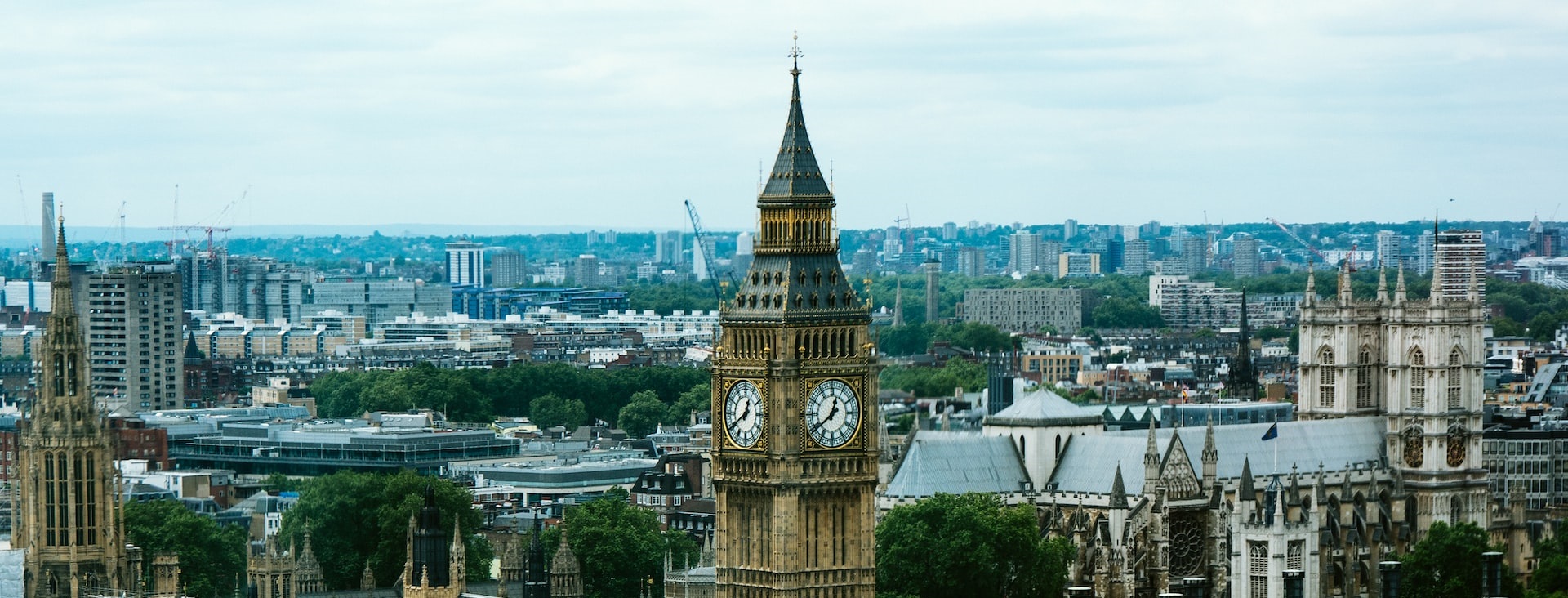Updated 17 November 2022
Then-Chancellor Kwasi Kwarteng presented the new Government’s Growth Plan on 23 September. Referred to informally as a ‘Mini Budget’, the plan set a target of 2.5% trend rate of growth. It aimed to back businesses and help households ‘by tackling high energy costs and inflation and delivering higher productivity and wages’.
Many of the Growth Plan policy decisions were tax changes. Some were to be effective immediately while others were to take effect in February-April next year.
As detailed below, many of the Growth Plan announcements have since been reversed.
The key announcements for people included:
National Insurance, Health & Social Care Levy and dividend tax reversals
From 6 November, the temporary 1.25% increase in National Insurance Contribution (NIC) rates will be reversed. The Health & Social Care Levy announced in September 2021 is being cancelled.
Reversal: From April 2023, the 1.25% increase to dividend tax rates was to be reversed. However, on 17 October, Chancellor Jeremy Hunt announced: “We will no longer be proceeding with the cuts to dividend tax rates”.
Income tax
Reversal: From April 2023, the basic rate of income tax was to be reduced from 20% to 19%. However, on 17 October, Chancellor Jeremy Hunt announced that the rate will remain indefinitely at 20p in the pound, until economic circumstances enable it to be reduced.
Reversal: It was also announced in the Growth Plan that the 45p additional rate of income tax would be abolished. However, on 3 October, then-Chancellor Kwasi Kwarteng announced that “we are not proceeding with the abolition of the 45p tax rate”.
Stamp duty land tax
From 23 September, changes in stamp duty land tax (SDLT) mean:
- For all home purchases, the threshold from which SDLT must be paid (the nil rate band) doubles to £250,000
- The threshold at which first-time buyers begin to pay SDLT increases to £425,000
- The maximum value of a property on which first-time buyers’ relief can be claimed increases to £625,000
Update: in the Autumn Statement on 17 November 2022, Chancellor Jeremy Hunt announced that these SDLT reductions would last only until 31 March 2025.
Retail and VAT
Reversal: The Government was to introduce a digital, VAT-free shopping scheme for international tourists. However, on 17 October, Chancellor Jeremy Hunt announced that this would not be going ahead.
The key announcements for businesses included:
Corporation tax
Reversal: Under the previous Government’s plans, from April 2023 the corporation tax (CT) rate was to increase from 19% to 25%. The Growth Plan had announced the cancellation of this planned increase. However, on 14 October, Prime Minister Liz Truss announced that the planned increase would not be cancelled: from April 2023 the CT rate will indeed increase from 19% to 25% for firms making more than £250,000 profit.
From April 2023, the bank CT surcharge rate will be maintained at 8% and the allowance set at £100m.
Employee share schemes
From April 2023, the doubling of the Company Share Option Plan (CSOP) limit will allow businesses to offer employees share options worth up to £60,000.
Venture capital schemes
From April 2023, the criteria of the Seed Enterprise Investment Scheme (SEIS) will be expanded, including allowing firms to raise £250,000 under the scheme.
Annual Investment Allowance
From 1 April 2023, the Annual Investment Allowance (AIA) will be permanently set at £1 million. This will give 100% tax relief to businesses on their plant and machinery investments up to the level of £1 million.
Investment Zones
The Government has agreement in principle to establish 38 Investment Zones in England. These areas will have targeted and time-limited tax cuts for businesses, with liberalised planning rules to release more land for commercial and residential property developments. The Government is seeking to agree Investment Zones in Wales, Scotland and Northern Ireland.
As part of efforts to simplify the tax system, other announcements included:
Off-payroll working rules
Reversal: The 2017 and 2021 reforms to the off-payroll working rules (also known as IR35) were to be repealed. From 6 April 2023, workers providing their services via an intermediary would once again have been responsible for determining their employment status and paying the appropriate amount of tax and NICs. However, on 17 October, Chancellor Jeremy Hunt announced that “We will no longer be proceeding with … the reversal of off-payroll working reforms.”
Alcohol duty
Reversal: From 1 February 2023, the alcohol duty rate was to be frozen for one year. However, on 17 October, Chancellor Jeremy Hunt announced that this freeze would not be happening.
To discuss any of the announcements, please get in touch.
Our Growth Plan 2022 coverage also included a tax analysis.







